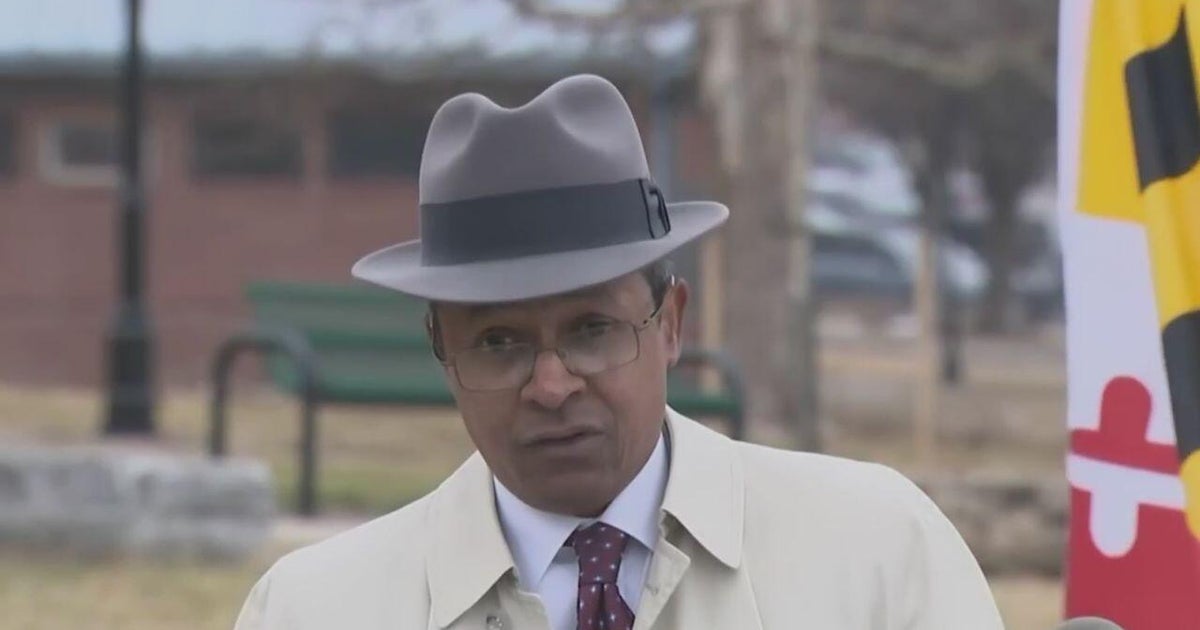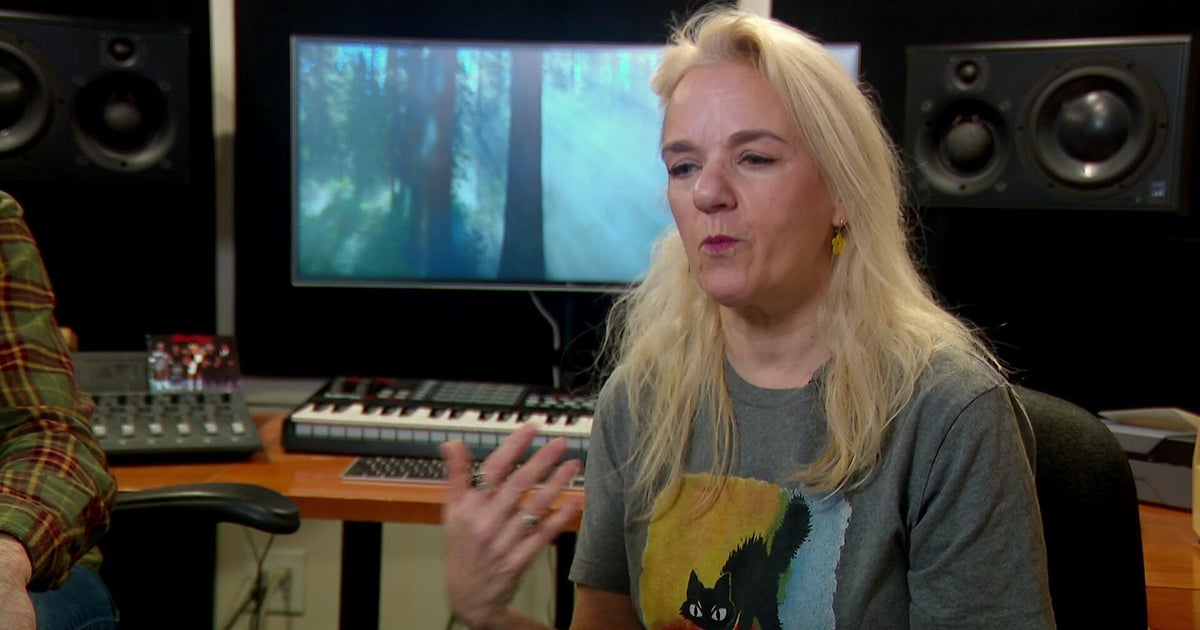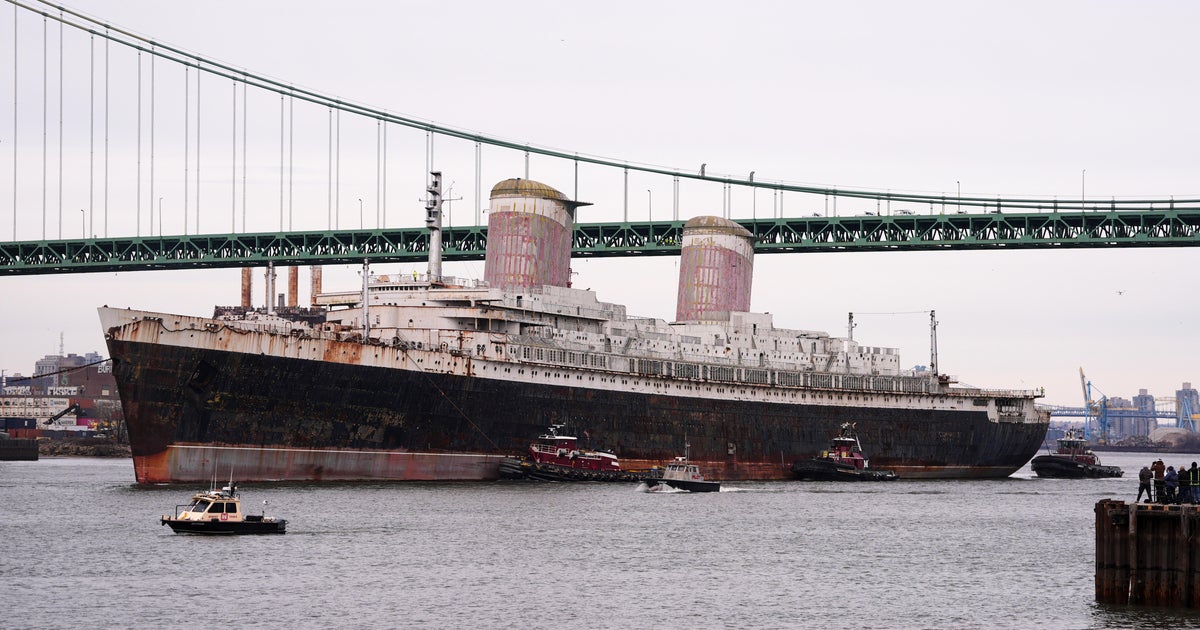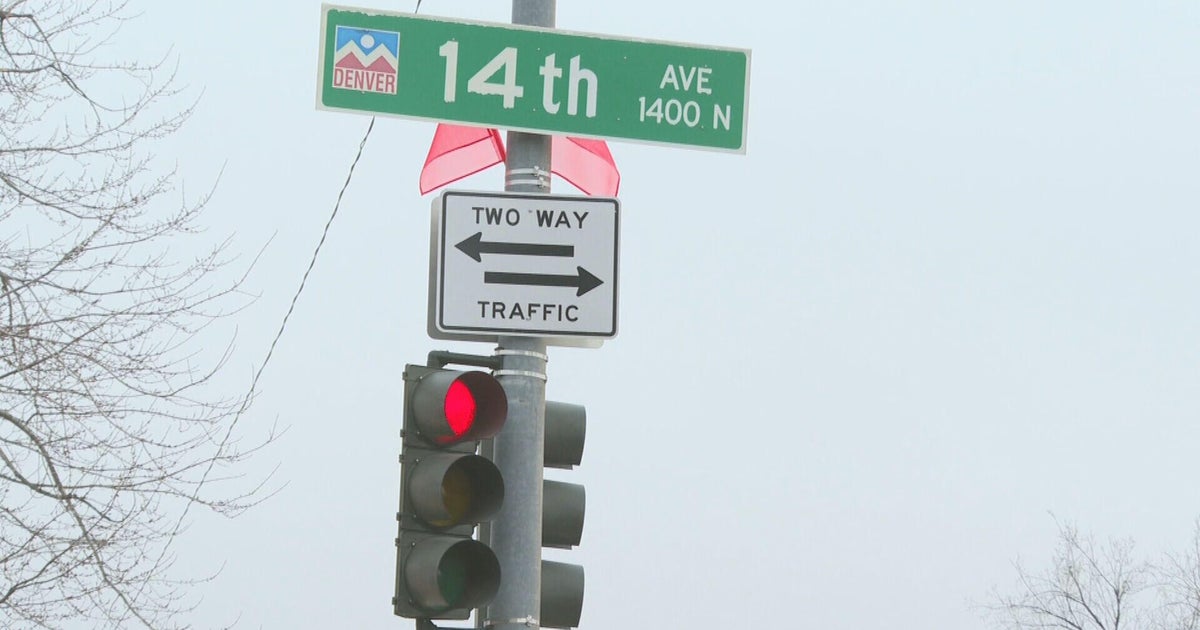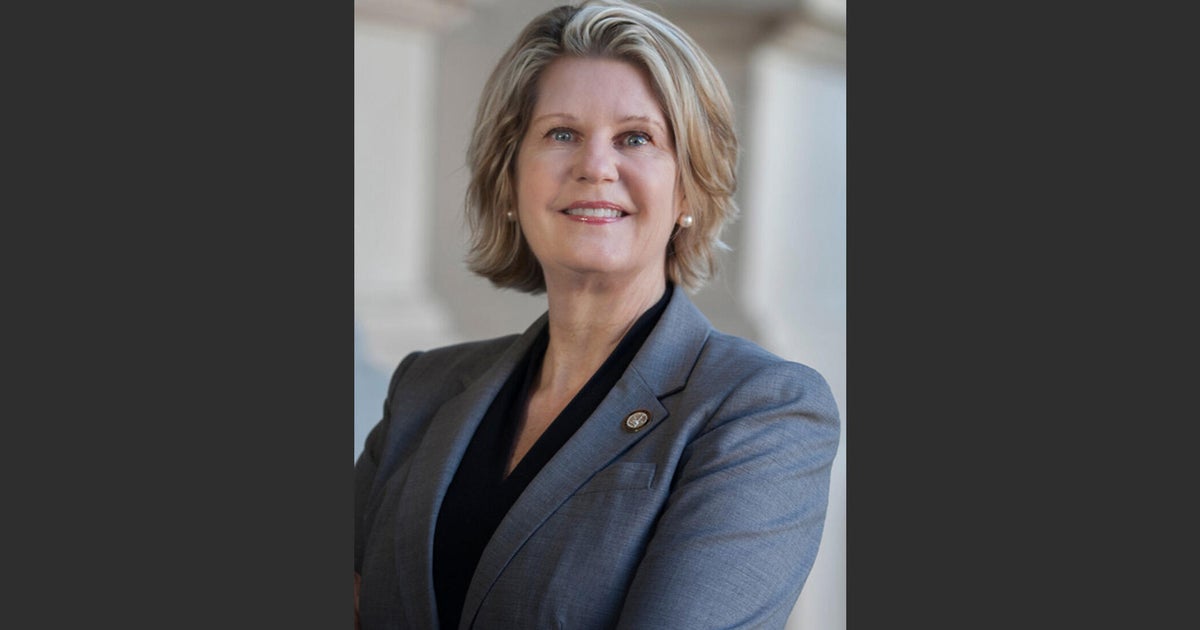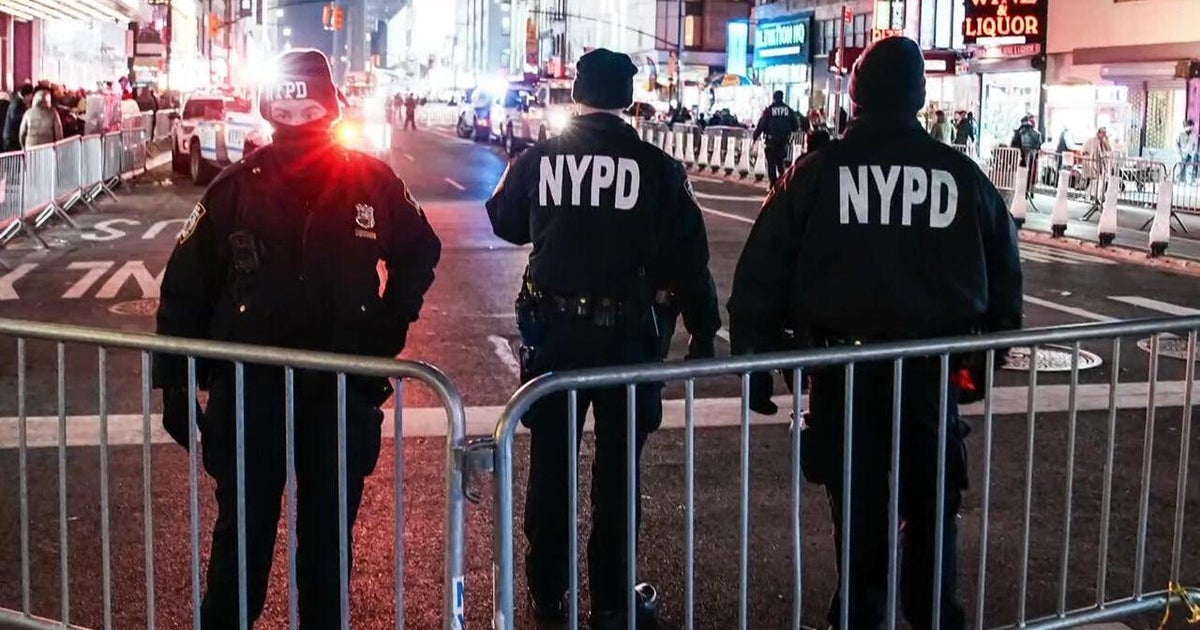Economic Malaise Clouds Florida Governor's Race
Follow CBSMIAMI.COM: Facebook | Twitter
LAKELAND (AP) — Florida's governor's race continues to provide some very interesting storylines.
By many measures, Republican Rick Scott should have a strong case for a second term as governor.
Elected four years ago, the former businessman reduced taxes, cut regulations and recruited businesses to help revive the economy. Florida is bouncing back, and Scott is claiming credit for adding 613,000 jobs and trimming unemployment to 6.1 percent.
But along this stretch of central Florida, a crucial swing-voting area, the numbers are little more than an abstraction to middle-class voters who see a tepid turnaround.
"I keep hearing there's a recovery, but I don't know if I see a recovery," said Kevin McVeigh, a 49-year-old software developer who described himself as an undecided Republican. "You feel like you're just standing still."
That's a main reason that Scott and incumbents from both parties are struggling to keep their jobs more than five years after the recession ended.
Polls show Scott neck and neck with Democrat Charlie Crist, who is promoting what he calls a "fair shot" agenda for the middle class.
"We need to be doing better than we're doing, and we aren't doing better because of Rick Scott," Crist said. "Frankly, we're in a stall and a squeeze right now."
The sense of economic malaise is playing out in races from Colorado to New Hampshire that will determine control of the Senate on Election Day, Nov. 4.
Potential White House hopefuls, including Democrat Hillary Rodham Clinton and Sen. Marco Rubio, R-Fla., are already offering their ideas about how to retool the economy.
An Associated Press-GfK poll conducted last month found that, nationally, the economy was the top issue on likely voters' minds, with 62 percent describing it as "poor," about the same as in 2012. Forty-five percent said they expected their personal financial situations to stay about the same over the next year, and 27 percent said they expected matters to get worse.
"It's almost like you have an ulcer, and you've learned to live with the pain," McVeigh, the undecided voter, said outside a shuttered record store in downtown Lakeland.
In Florida, the official number of unemployed residents, 590,000, is down from about 1 million in January 2011, when Scott took office. That figure does not include 700,000 others who have dropped out of the labor force or are working part time but would prefer a full-time job. The state's broader "underutilization" rate of 13.9 percent is among the highest in the nation.
"We may have experienced a recovery," said Christopher McCarty, director of the University of Florida's Bureau of Economic and Business Research, "but things don't look quite like they did five years after any other recession."
Florida has some of the largest job gains in the country, but much of that growth has come from the tourism and retail industries, which rely heavily on low-wage and part-time workers. The median household income is lower than it was in 2007, and the number of Floridians receiving food stamps has swelled.
Asked about the uneven recovery, Scott said the state has had a "big turnaround" since the depth of recession, when Crist, then a Republican, was governor.
"We're heading in the right direction, but there's still work to do," Scott said.
Many voters along Florida's Interstate 4 corridor, the stretch of citrus farms and theme parks from Tampa to Orlando and Daytona Beach, grumble about depleted savings, rising living costs and fierce competition for low-wage work.
"They don't want to pay the real money," said Rafael Santiago, a 45-year-old repairman from St. Cloud. He has been unemployed since January, when he was fired from his job at a refrigeration company.
Standing outside the courthouse in Kissimmee, he said he has struggled to find an equivalent job and often hears from employers that he is overqualified for work at apartment complexes and hotels. An independent voter who is leaning toward Crist, Santiago has drained most of his savings to pay his bills and maintain his mobile home.
"All the money I used to have for the future, I've used it," he said. "I use my tomorrow today."
To be sure, there are signs of recovery: new farm-to-table restaurants and craft beer bars in Tampa; a self-described luxury-apartment "enclave" rising on the outskirts of Celebration, an upscale subdivision outside Disney World; and a Marshalls department store opening in Plant City.
"I don't see any problem," Roland Thompson, a 39-year-old cable technician and Scott supporter, said over lunch at a Panera in Plant City. "I see businesses coming back and empty buildings getting filled up."
With short-term interest rates near zero, construction has rebounded, but is well below the mid-2006 peak. Homeownership is at its lowest level since 1994, and the state still has the nation's highest foreclosure rate.
In Kissimmee, a patchwork of strip malls and down-market hotels outside Orlando, John D'Ambrosio and his family have run A-Team Electric Supply for nearly a decade.
Once flush from the housing boom, the Scotland native had to cut his staff in half this year and relocate to a smaller space as sales slipped. He said his customers now buy the cheapest light bulbs.
"Nobody's investing in the future," he said. "They're just trying to get by."
(TM and © Copyright 2014 CBS Radio Inc. and its relevant subsidiaries. CBS RADIO and EYE Logo TM and Copyright 2014 CBS Broadcasting Inc. Used under license. All Rights Reserved. This material may not be published, broadcast, rewritten, or redistributed. The Associated Press contributed to this report.)
RELATED CONTENT:
